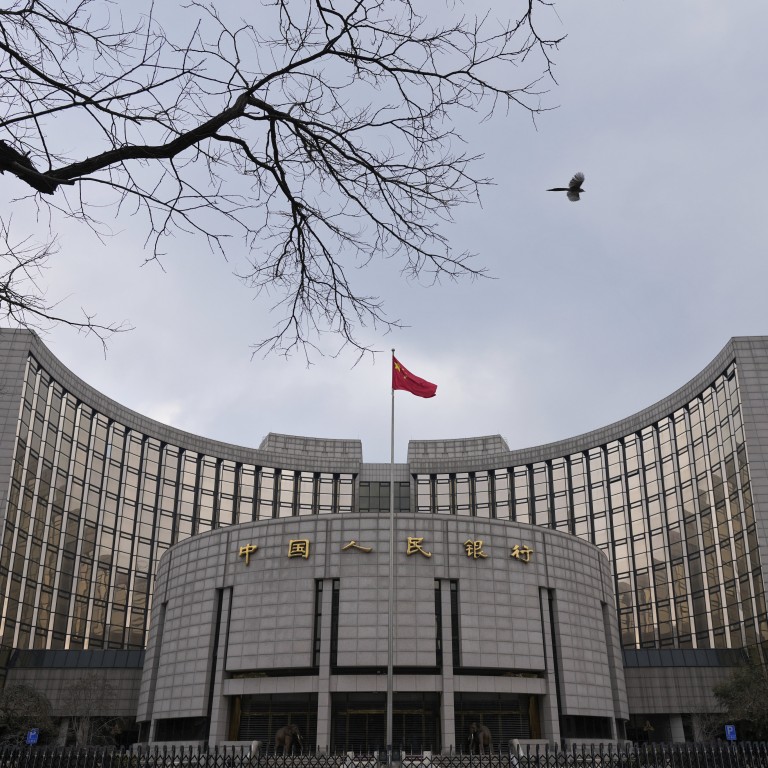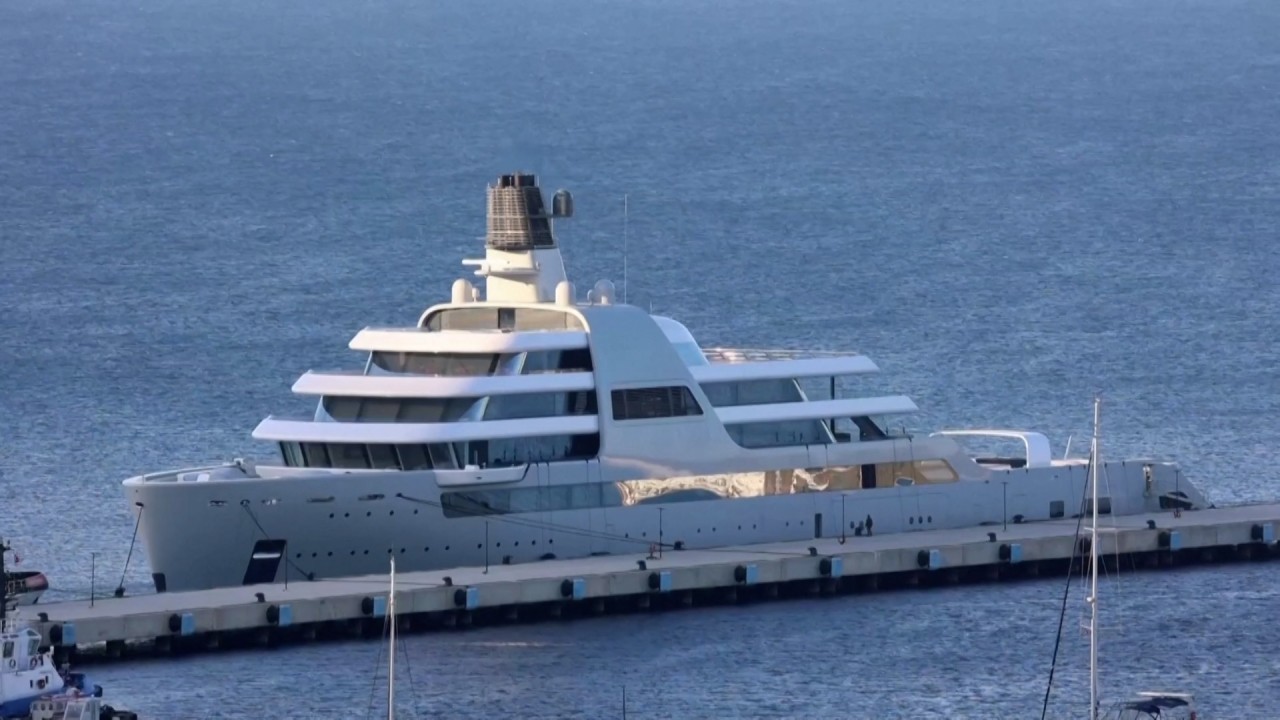
China’s national wealth remains vulnerable to Western financial sanctions, no matter what it does
- Sanctions on Moscow show that foreign reserves held by central banks are never truly ‘safe’, which is bound to make Beijing uncomfortable
- Yet when it comes to shifting away from Western currencies, the alternatives – gold, the yuan and foreign infrastructure investment – struggle to match up
While this financial war will undoubtedly hurt the Russian economy badly, it will also produce many long-lasting consequences for the global financial system.
The US dollar, the euro and many other Western currencies have long been considered global reserve currencies, used to store up the national wealth of other nations.
They are often regarded as safe havens – they are not only fully convertible and free floating, but their underlying assets also enjoy protection under the rule of law. As a result, over 95 per cent of global reserve assets are held in Western currencies, the US dollar in particular.
The financial sanctions following the Russian invasion of Ukraine have profoundly shaken many of these fundamental assumptions and principles. They have demonstrated that financial assets of Western adversaries should never be considered “safe” because they can be easily confiscated or turned into weapons of financial destruction.
Even so, this helped very little when the entire West joined the sanctions, collectively freezing two-thirds of Russia’s reserve assets. The lesson for China’s leadership is that if the US and its allies act in unison, it does not matter whether assets are held in US dollars or in other Western currencies: they are subject to possible seizure.
Can China convert all its stock of US$3.2 trillion in foreign exchange reserves into gold? The answer is no. The total value of above-ground gold is around US$12.5 trillion, with about half in the form of jewellery.
That leaves US$6.7 trillion of gold held as a financial asset, of which US$2.1 trillion is owned by central banks and is unlikely to be for sale. The remaining US$4.6 trillion is simply too small to absorb a sizeable chunk of China’s US$3.2 trillion of non-gold reserves.
Of course, if the Chinese currency, the yuan, were a global reserve currency, the vulnerability of Chinese assets would be greatly reduced. Nevertheless, making the Chinese currency a global reserve currency is easier said than done.
As things stand today, the yuan remains infinitesimal in the global financial system. It accounts for less than 3 per cent of global reserves, and only takes up 4 per cent of all foreign exchange rates – less than the Swiss franc.
How sanctions on Russia could lead to increased demand for China’s yuan
The major impediment for the Chinese currency to become a global reserve currency is that it is neither fully convertible nor free floating. Making the yuan fully convertible will require the liberalisation of domestic interest rates and the financial system, but neither can be done without sweeping reforms in state-owned enterprises and Chinese banks.
To a certain extent, belt and road projects have helped China diversify risks. For example, China’s gross outward direct investment escalated to US$1.6 trillion between 2014 and 2020. Without these investments, China’s holdings of US dollar reserves would have continued to rise. In reality, there has been an US$800 billion fall in China’s official foreign exchange reserves from the 2014 peak of US$4 trillion.
Although belt and road investments have helped cut the accumulation of China’s official foreign reserves, it is impossible for China to hold most of its overseas assets in the form of investment in tangible assets outside the Western financial system. This is simply because these assets are illiquid and subject to huge business, political and financial risks of the recipient countries.
How Russia teaches China by counterexample
In the end, the Russian invasion of Ukraine and the ensuing economic and financial sanctions suggest there are no such things as safe-haven assets or safe currencies at a time of escalating geopolitical conflict.
No matter how we cut it, the West still holds huge economic and financial leverage over China, even if the latter becomes the largest economy in the world. This fact will make Beijing very uncomfortable.
It is uncertain what strategy or countermeasure Beijing will adopt to reduce the perceived vulnerability of Chinese assets held in the Western financial system. No matter how the Russian-Ukrainian war and sanctions will eventually end, protecting China’s national wealth and avoiding potential Western sanctions will be at the top of Beijing’s national security agenda.
Chen Zhao is founding partner and chief strategist of Alpine Macro
David Dodwell is away


